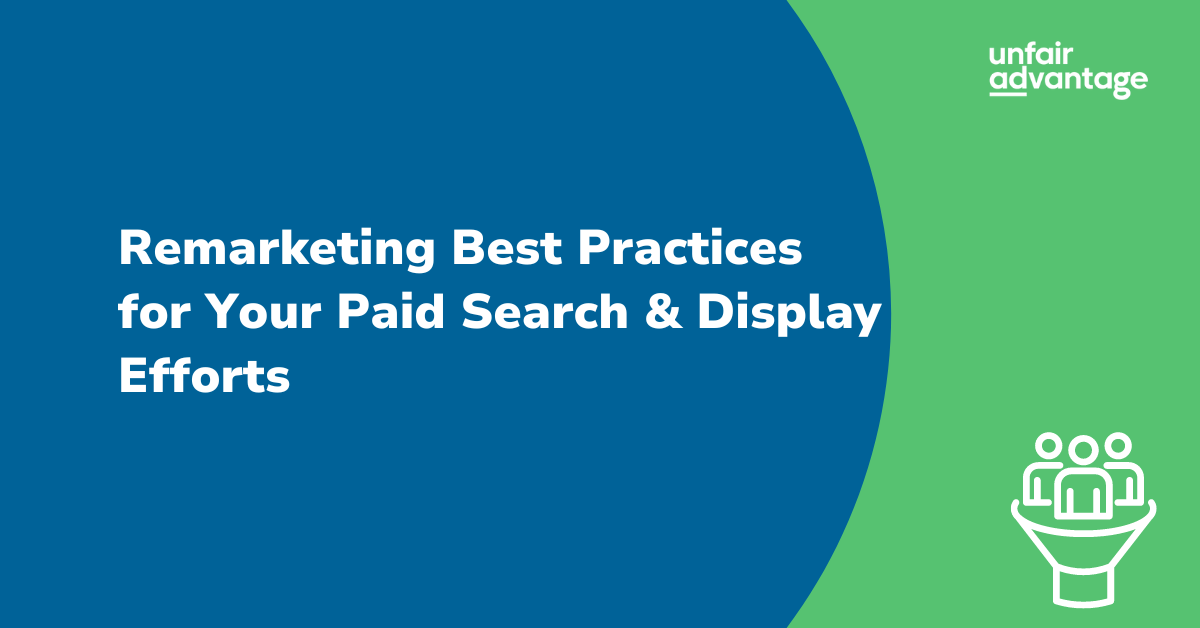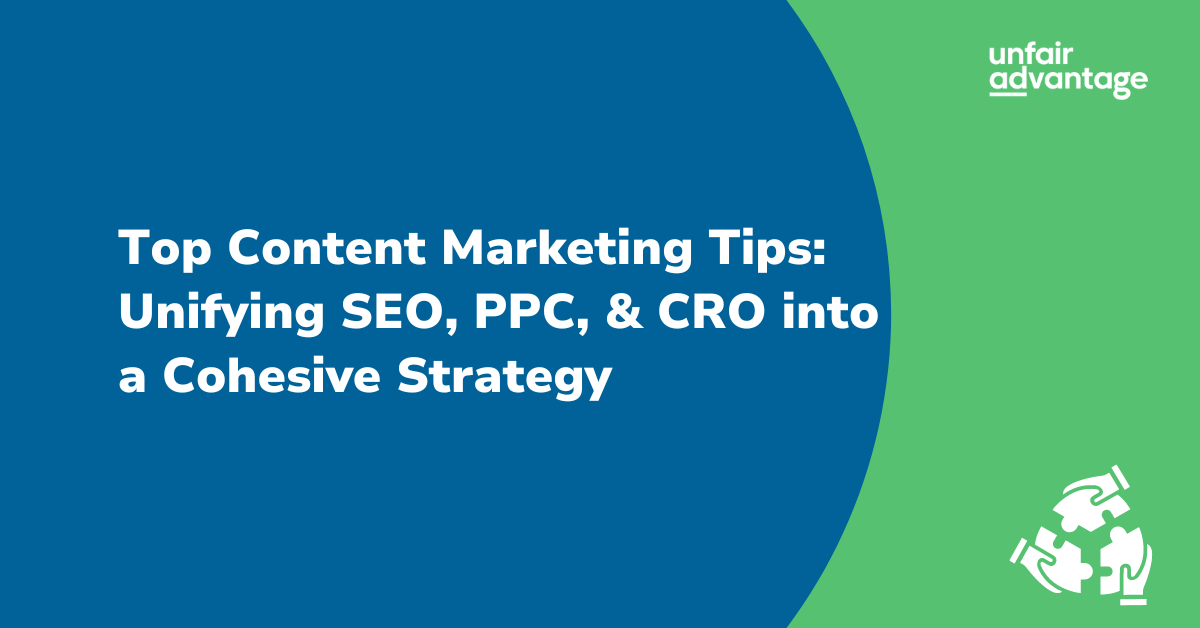
Published in:
Blog
The Power of Keywords in Paid Media: Driving Success in Digital Advertising
Every click costs money and every conversion counts in paid media, so how do you get the most bang for your buck? It starts with keywords, which present you with the best opportunity to find a potential customer in the exact moment they are looking for you. In this comprehensive guide, we’ll delve into why keywords are vital in paid media and how they can level up your digital advertising game.

What Are Keywords?
Keywords are the words and phrases that reflect your products, services, or content. In the context of paid media advertising, these are the terms you select to trigger your ads when potential customers search online. Think of keywords as the bridge between potential customers and the services/products you offer. When chosen wisely, they connect the two seamlessly, generating clicks and conversions. Imagine you’re in the market for a new pair of running shoes, and you decide to start your search by typing “Best Running Shoes” into your preferred search engine. In this case, you might see an ad from a sports retailer, inviting you to explore their top-quality running shoe collection with a compelling message like, “Shop Our Running Shoes Collection – Discover the Best Running Shoes for Every Runner.” This is an example of an advertiser strategically selecting keywords to connect with users actively seeking their products or services, ensuring that the right message reaches the right audience at the right time.How to Use Keywords Effectively
Keyword Research
The journey begins with careful keyword research. Start by brainstorming relevant terms that potential customers might use when searching for products or services like yours. Tools like Google’s Keyword Planner, SEMrush, and Ahrefs can provide insights into keyword search volumes, competition, and variations.Organize Your Keywords
Ad groups are the places in your account where keywords and ads live. Once you have a list of keywords, categorize them into ad groups based on their relevance. Grouping similar keywords together helps in crafting highly targeted ad campaigns. Doing this part right is what allows your ad messaging to be catered to a user’s search. If your ad groups contain too many keywords, or too many keyword themes, you run the risk of your ad’s messaging not matching the user’s search.Match Types
Keywords can be designated as broad match, phrase match, or exact match. Each match type controls how closely a user’s query must match your keyword for your ad to appear. Exact match is the most specific, while broad match allows for – you guessed it – broader variations. Exercise caution when choosing keyword match types, as your choice could restrict your audience reach or lead to spend on irrelevant clicks. Below is a simple breakdown of how match types work:

